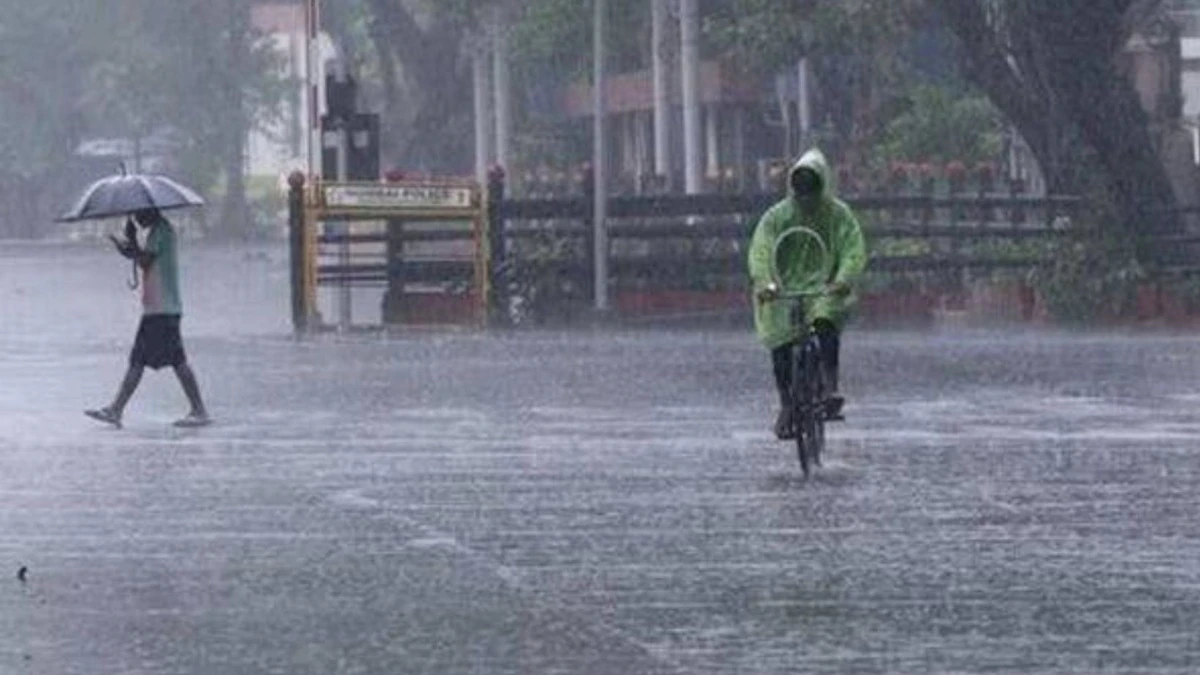Agra, a city steeped in history and culture, finds itself grappling with a recurring nightmare – waterlogging and inundation during the monsoon season. The recent spell of heavy rains has once again exposed the city’s vulnerability, leaving citizens frustrated and the local body facing criticism. Despite assurances from municipal commissioner Ankit khandelwal the promised solutions have not been effective, and the city continues to struggle with this annual problem.
The root causes of this issue are multifaceted. Environmentalist Dr Devashish Bhattacharya says “Encroachment of public spaces and unplanned urban growth are major reasons for the worsening situation. The lack of effective drainage systems and inadequate maintenance of existing infrastructure have further exacerbated the problem. It is disheartening to see that this annual problem continues to plague Agra, with civic agencies struggling to address the challenge effectively.”
To alleviate the woes of Agra citizens and ensure a smoother monsoon experience in the future, several steps need to be taken.
According to River Connect Campaign activists Rahul Raj and Deepak Rajput, “encroachment of public spaces and illegal construction must be tackled through strict enforcement of regulations and regular monitoring of construction activities. This will help prevent further encroachment and ensure that public spaces are used for their intended purpose.”
Social activist Padmini Iyer says “investments need to be made in upgrading and maintaining the city’s drainage infrastructure. This includes regular cleaning of drains and sewers, installation of more efficient drainage systems, and use of modern technology such as sensors to monitor water levels. This will help in early detection of potential flooding areas and enable prompt action to be taken.”
At the same time “Public awareness and participation are also crucial in mitigating the impact of heavy rains. Citizens should be educated about proper waste disposal and the importance of maintaining cleanliness in public spaces. Community initiatives for regular clean-up drives can contribute significantly to reducing waterlogging issues,” according to Civil Society of Agra members.
Furthermore, urban planning and development in Agra need to be more strategic and sustainable to prevent future inundation problems. The authorities should focus on creating green spaces, implementing sustainable water management practices, and adopting eco-friendly construction techniques. This will help reduce the city’s vulnerability to flooding and make it more resilient, suggests Lok Swar president Rajiv Gupta.
Senior citizen and director of Sri Nath ji Sewa, BL Maheshwari says “Transparency and accountability from municipal authorities are essential in building the trust of citizens. Regular updates on drainage maintenance activities, timely responses to complaints related to waterlogging, and effective communication during emergency situations can help alleviate the frustration and concerns of residents.”
Therefore, while the monsoon woes in Agra may be a longstanding challenge, proactive measures and a collective effort from both authorities and citizens can make a significant difference in addressing these issues. By targeting the root causes of waterlogging, investing in infrastructure upgrades, promoting public participation, and adopting sustainable urban planning practices, Agra can gradually free its citizens from the traumatic experiences of the rainy season and pave the way for a more resilient and livable city.





